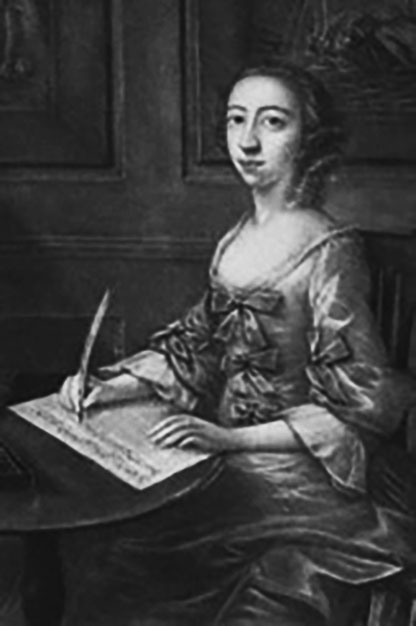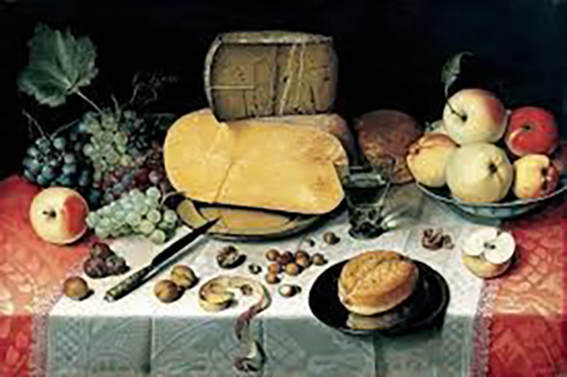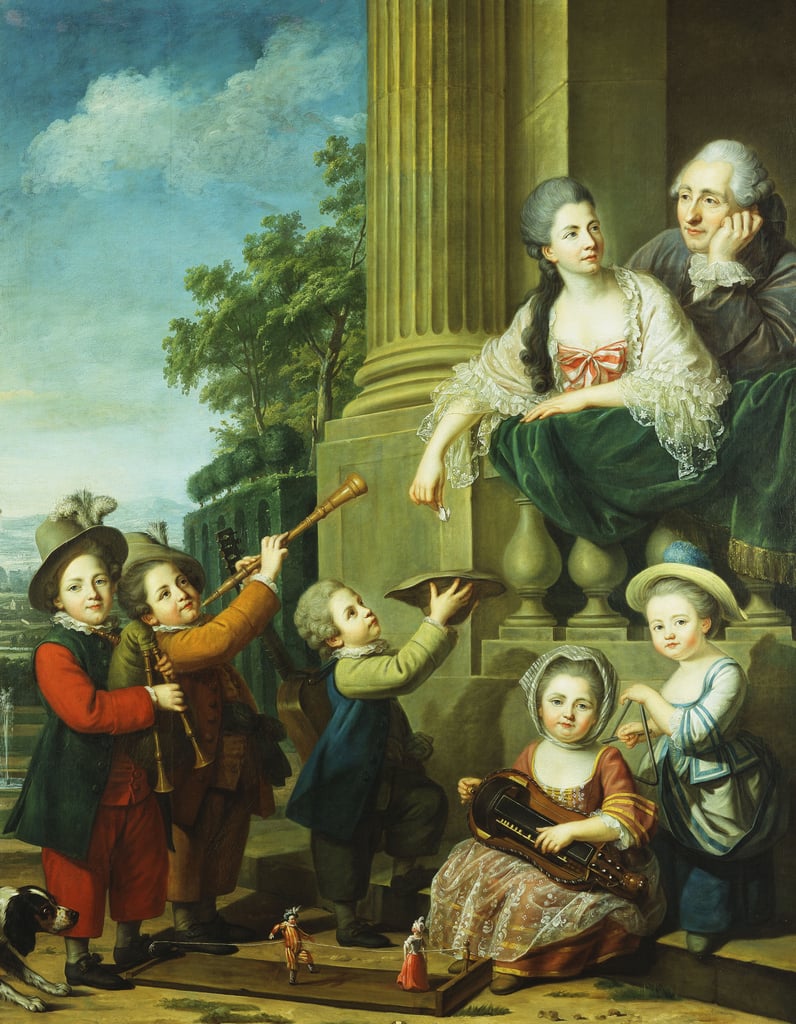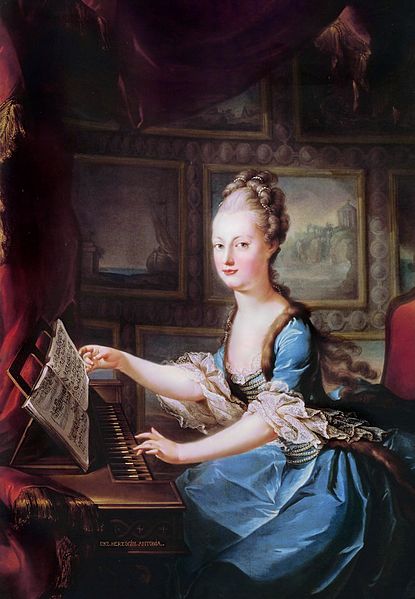Programmes
An Enlightened Heart
– music by female composers of the 18th century.

Songs and sonatas by Anna Bon, Elizabetta da Gamberini, Anne Ford and by the male composers Carl Friedrich Abel and George Frederik Handel whose work influenced them. Gamberini was the first female to have her keyboard published but also sang in Handel’s Oratorios. While music was enthusiastically practiced by female amateurs, professionals like Gambarini and Ford had many obstacles thrown in their path when performing in public: Ann Ford’s father tried to stop audiences hearing her concerts by having her arrested and constables placed on the door!
Puddings & Pies – Coffee & Cream
A Culinary Concert

Galliarda take a broad look at food, from the celebration of harvest time, to overeating and drinking. We experience an eighteenth-century operation `for the stones’ in the music of Marin Marais. We savour musical courses by Purcell, Bach, Pepusch, Corrette and Leveridge all set out as a marvellous banquet. Our Culinary Concert includes J. S. Bach’s much loved Coffee Cantata, Purcell’s setting of Shakespeare’s `If Music be the Food of Love and Leveridge’s comical Roast Beef Cantata’.
Symphonie of Noëls

Galliarda’s Christmas programme makes a feature of the evocative French folk carols (Noëls) that were hugely popular in the eighteenth century. These pieces were the inspiration for more complicated compositions such as Vivaldi/Chédeville’s Il Pastor Fido and the Symphonie of Noëls by De Lalande. Here the hurdy-gurdy is used to evoke the pastoral sound of the shepherds’ bagpipes. Benjamin Cooke’s A Christmas Ode of c.1760 is more in the fine tradition of Handel. Our programme also includes pieces inspired by bells: Marin Marais on the bells of St Geneviève and Jenni Pinnock’s Bells in the Rain.
Battlefields and Baroque

Music from the Ancièn Regime and England at a time of revolution and enlightenment. The desire for a return to a more natural, simple life that inspired Marie Antoinette’s romance C’est mon Ami was part of the rich tapestry of music heard in Paris towards the end of the 18th century. Popular songs of the people and arrangements of songs by Gluck, Mozart and Marie Antoinette, contrast with virtuosic works for viol and harpsichord by Marin Marais, Antoine Forqueray and by Julie Candeille. In London the bright French tunes of surviving emigré composer François Bathélemon, were translated and transported to attract the audiences of the London stage.